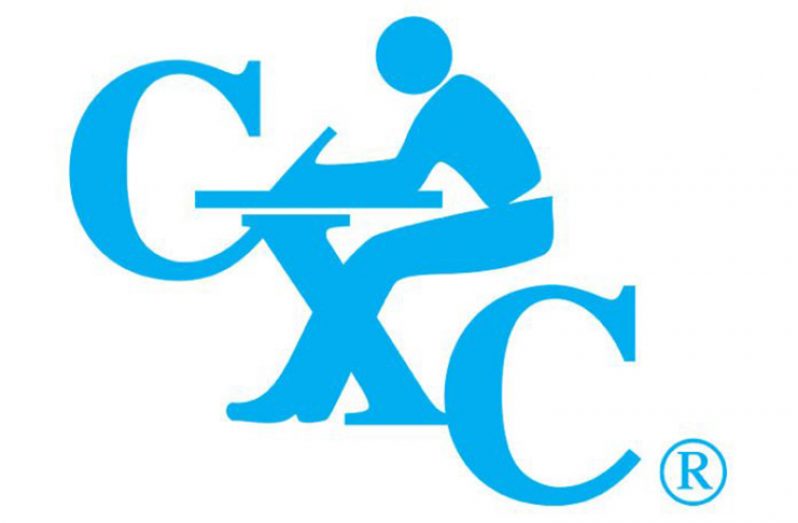THE Caribbean Examinations Council (CXC) has made a policy decision to offer a modified examination process, that will award final grades to students based on their performance in method involving moderated School Based Assessments (SBAs) and multiple choice papers.
Candidates will be required to complete additional components, however, for modern languages, which include Spanish, French and Portuguese, as well as Human and Social Biology and Visual Arts. The Council has proposed a revised schedule to administer examinations in July 2020.
This is according to a statement released by the Council on Thursday. The measures are being implemented as a result of the effects that the novel coronavirus (COVID-19) has been having on the region.
“The Council has proposed a revised examinations strategy to yield valid grades and minimize the disruption to the education system during these unprecedented times. This strategy will employ the e-Testing modality (online and offline) in order to reduce the examinations administration processing time resulting in the shortest turn-around time for marking and the release of examination results. This also minimizes disruption to the 2020/2021 academic year,” the statement said.
The Caribbean Examination Council (CXC), which falls under the aegis of CARICOM, administers the Caribbean Secondary Education Certificate (CSEC) and Caribbean Advanced Proficiency Examinations (CAPE) to secondary school students, annually, during the May/June period.
The decision was taken following deliberations among the various national authorities.
“During the past two weeks, we have been monitoring developments across the CARICOM region and working closely with representatives from the Ministries of Education and tertiary institutions to arrive at a regional consensus for the administration of May/June 2020 examinations.
The Council cautioned that the new proposed schedule of July 2020, will be contingent on national protocols across the region.
“Rest assured that as the management and staff of the Council continue to monitor the emerging situation, our first priority is the health and well-being of all our stakeholders,” the statement said.
All fifteen of the CARICOM member states have recorded at least one confirmed case of the corona virus. Earlier this month, as the virus’ spread was still developing in the region, the council had convened a meeting with representatives from the Ministries of Education to discuss administration of regional examinations and the respective national protocols.
Students and teachers are encouraged to utilize the CXC Learning Hub – an e-Learning platform that provides learners and instructors with a single access point to multiple resources geared towards exam preparation and is available at: learninghub.cxc.org.
Officially declared a global pandemic by the World Health Organisation, the coronavirus has been sweeping the globe since the first outbreak originated in Wuhan, China, in December, 2019.
According to WHO statistics, as of last Thursday, there have been almost half a million confirmed cases of infected persons in 199 countries across the globe with over 21,000 deaths occurring thus far as a result of the spread.
Coronaviruses are a large family of viruses that cause illnesses ranging from the common cold to more severe diseases such as the Middle East Respiratory Syndrome (MERS) and Severe Acute Respiratory Syndrome (SARS-CoV).
Common signs of infection include respiratory symptoms, fever, coughs, shortness of breath and breathing difficulties. In more severe cases, infection can cause pneumonia, severe acute respiratory syndrome, kidney failure and even death.



.jpg)









